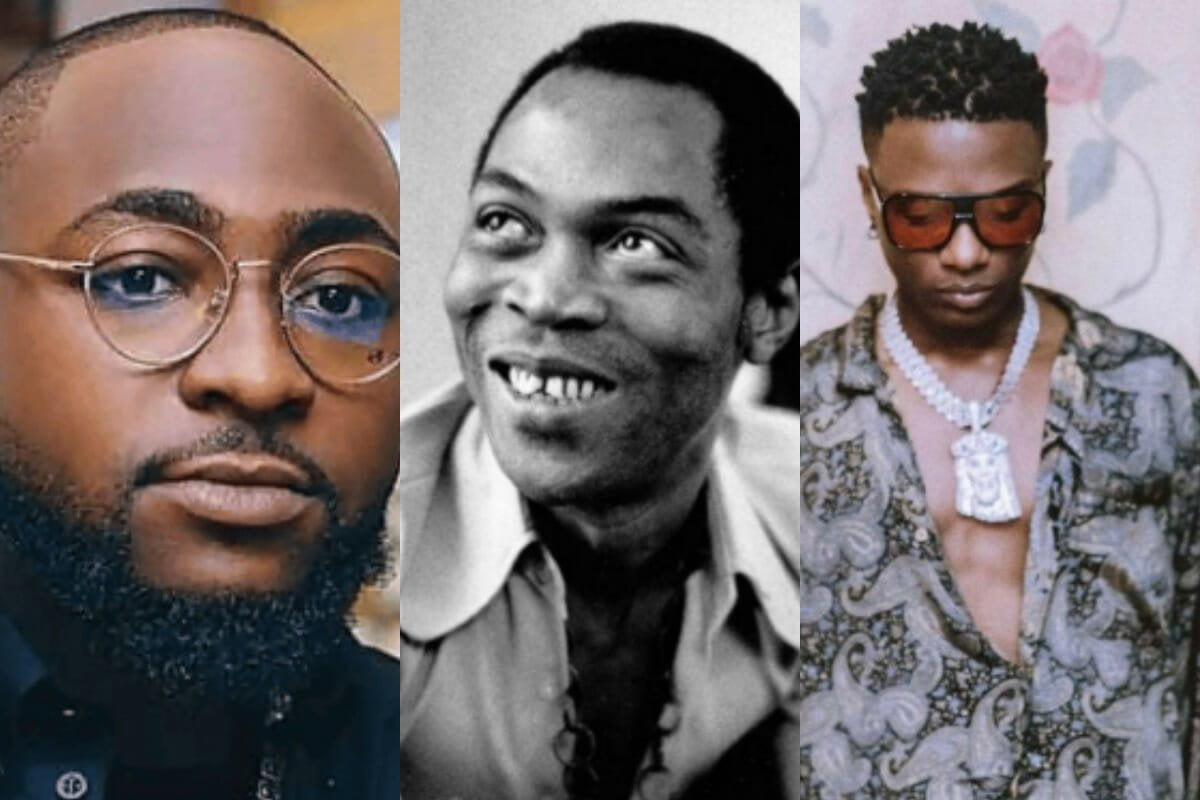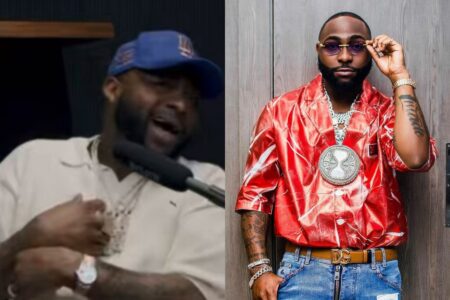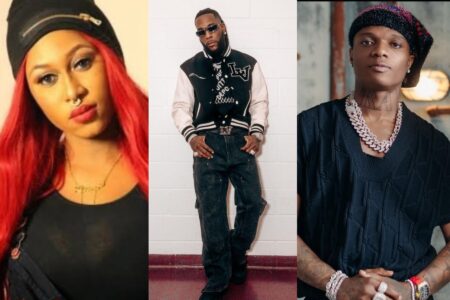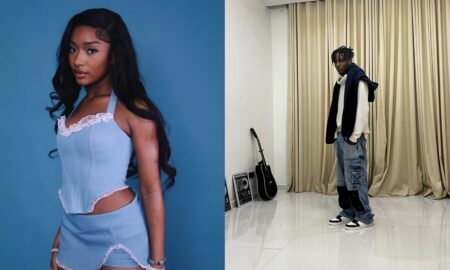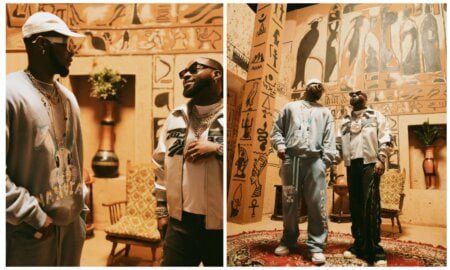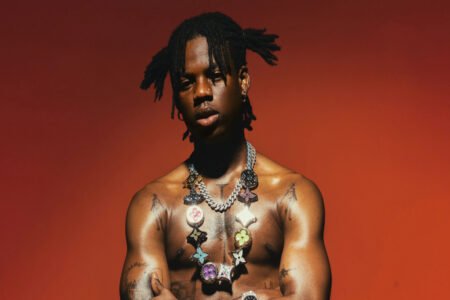African music has recently experienced a meteoric rise in popularity on a global scale, thanks in large part to the success of singers like Burna Boy, Wizkid, and Davido. The two well-known genres of Afrobeats and Afrohouse have made substantial contributions to this phenomena. They are different in their tone, rhythm, and cultural influences even though they have certain similarities.
The thrilling African music genres of Afrobeats and Afrohouse will be compared and contrasted in this post.
Afrobeats: The Groovy Global Phenomenon
Afrobeats is a modern African music style that has swept the globe. Its blending of traditional African rhythms with elements of hip-hop, dancehall, funk, and electronic music gives it its distinctive sound. Afrobeats is renowned for its contagious grooves, memorable melodies, and lyrics that frequently address societal issues and topics like love and unity. Afrobeats’ main traits are as follows:
- Diverse Influences: Afrobeats draws inspiration from various African music styles, including highlife, juju, and Afrobeat. It also incorporates global influences, resulting in a sound that is both familiar and uniquely African.
- Upbeat Rhythms: The genre is famous for its danceable rhythms driven by percussion instruments like drums, congas, and talking drums. These rhythms create an irresistible energy that gets people on their feet.
- Global Collaboration: Afrobeats has a global appeal and has led to collaborations between African artists and international stars, bridging cultural gaps and creating cross-cultural hits.
- Lyrically Engaging: Afrobeats often features songs with meaningful lyrics that touch on a wide range of topics, from love and relationships to social and political issues.
Afrohouse: Deep and Soulful Vibes
Contrarily, the electronic dance music (EDM) subgenre known as afrohouse has its roots in the continent of Africa. It fuses percussion and traditional African rhythms with electronic sounds. The deep and soulful feelings of afrohouse make it a favorite in the club and festival scenes. The following are some essential traits of Afrohouse:
- Electronic Fusion: Afrohouse incorporates electronic music elements such as synthesizers, drum machines, and basslines while maintaining a strong connection to traditional African percussion instruments.
- Soulful Melodies: The genre often features soulful and melodic vocals, creating an emotional and introspective atmosphere on the dancefloor.
- Global Influence: Afrohouse has gained popularity not only in Africa but also in the global EDM community. It has become a staple in clubs and music festivals around the world.
- Instrumental Versatility: While vocals are common in Afrohouse, instrumental tracks with complex rhythms are also prevalent. These tracks allow DJs and dancers to focus on the hypnotic beats.
Key Differences
While Afrobeats and Afrohouse both contribute to the vibrant African music landscape, there are several key differences between them:
- Rhythm and Tempo: Afrobeats typically has a faster tempo and more prominent vocal presence, whereas Afrohouse is known for its slower, deep, and instrumental-heavy compositions.
- Cultural Roots: Afrobeats draws from a broader range of African music traditions and incorporates global influences, while Afrohouse maintains a strong connection to electronic dance music with African percussive elements.
- Dance Styles: Afrobeats is associated with energetic and expressive dance styles, often seen in music videos and dance challenges, whereas Afrohouse encourages more fluid and soulful movements.
- Global Recognition: Afrobeats has achieved greater global recognition and crossover success, with artists collaborating with musicians from around the world, whereas Afrohouse, while popular in EDM circles, is still emerging on the global stage.
Afrobeats and Afrohouse have had a big impact on the world music landscape. These genres bring forth the variety and inventiveness of African music, whether you’re dancing to the contagious sounds of Afrobeats or finding yourself in the deep rhythms of Afrohouse. The decision between Afrobeats and Afrohouse ultimately boils down to personal preference and the type of atmosphere you want to set on the dance floor. Whichever you pick, both subgenres support 21st-century musical creativity and the celebration of African culture.

